Minnesota Leaders Challenge Court’s Felon Voting Rights Decision
Minnesota is currently facing a legal challenge concerning the voting rights of convicted felons. A judge declared a state law that restores these rights unconstitutional. The decision has been met with opposition from state leaders, including the attorney general and secretary of state, who are determined to fight this ruling.
They believe that this judgment is an overreach of authority and are urging residents to continue voting as per the law. The controversy is that some states believe that by allowing inmates access to more basic rights and programs the quality of life for all involved will be better.
The Judge's Ruling
Judge Matthew Quinn of Mille Lacs County District declared a recent law unconstitutional. This law was intended to restore voting rights to convicted felons who have completed their sentences.
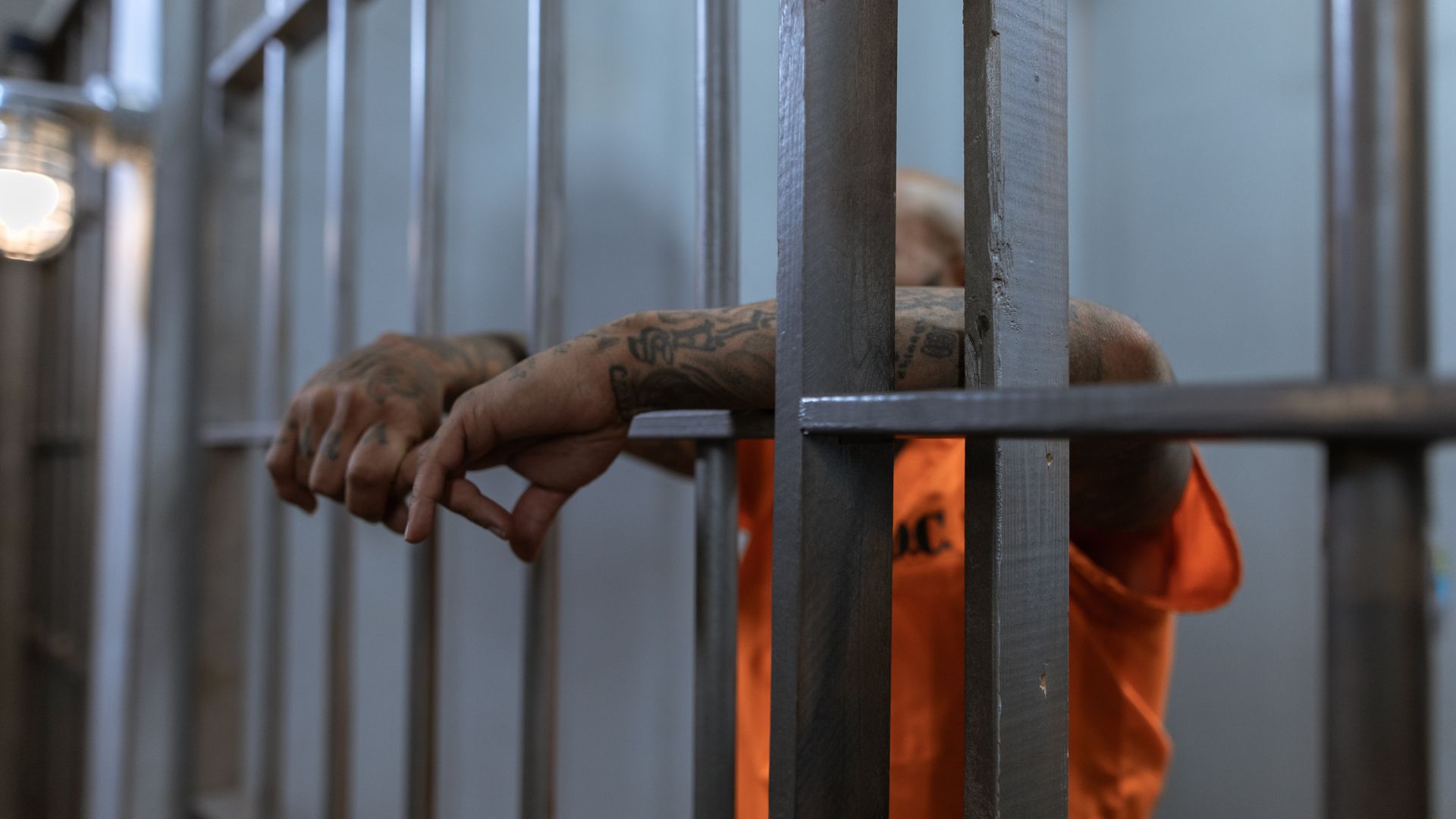
Source: RDNE Stock project/Pexels
The judge’s declaration came while he was sentencing two offenders to probation, a move that caught many by surprise and initiated a wave of debates and discussions on the matter across the state.
Defiance and Determination
Attorney General Keith Ellison and Secretary of State Steve Simon responded firmly. They made a joint statement condemning Quinn’s orders as not lawful. They emphasized that these orders contradicted the Restore the Vote Act passed by the Legislature.
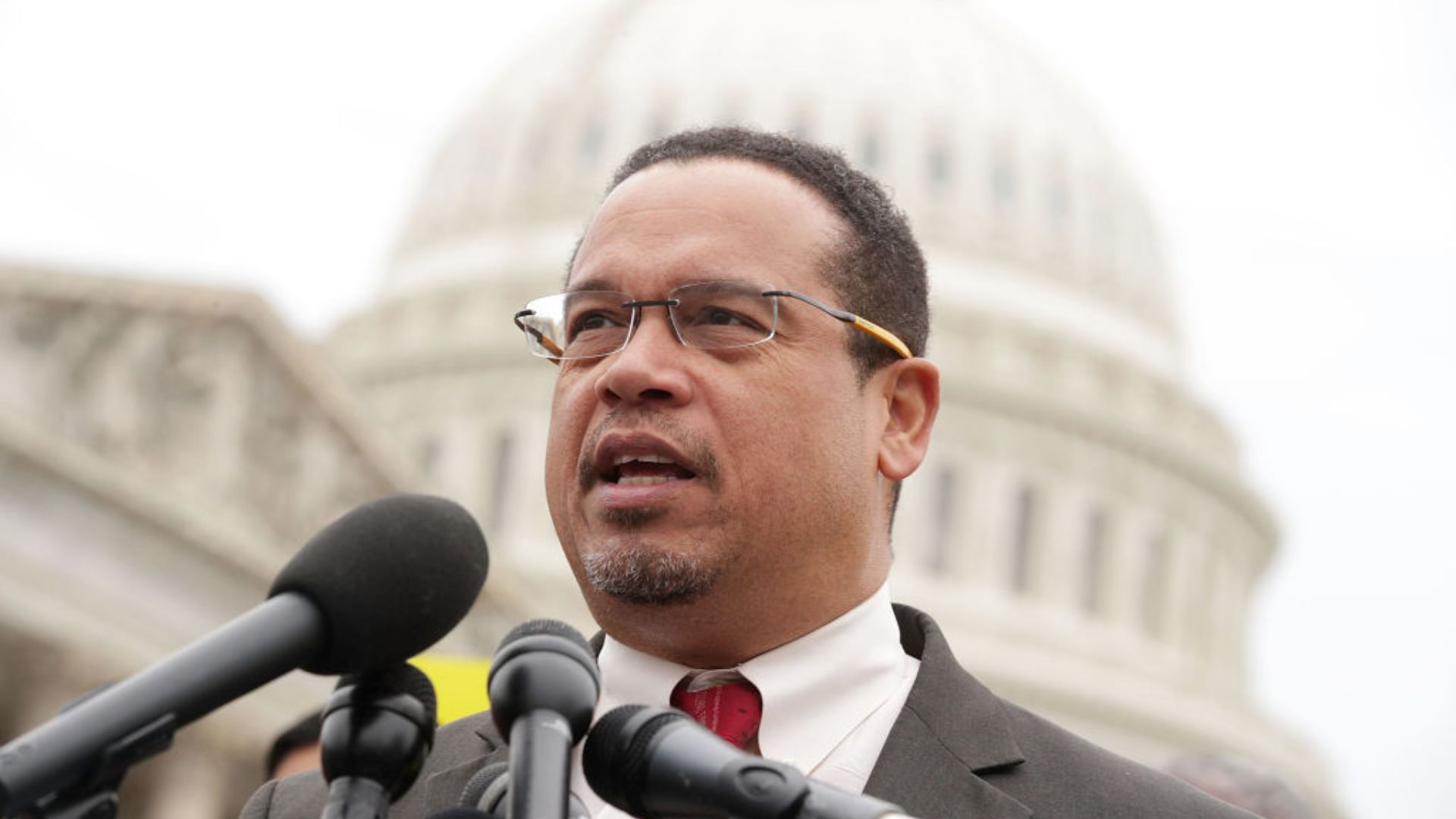
Source: Getty Images
The leaders remain steadfast, assuring residents that their voting rights remain intact, aiming to dispel any doubt and confusion resulting from the judge’s ruling.
The Law’s Specifications
The Restore the Vote Act is specific: if an individual is over 18, a U.S. citizen, a Minnesota resident for at least 20 days, and not currently incarcerated, they are eligible to vote.

Source: Getty Images
Judge Quinn’s perspective, asserting the need for an “affirmative act” to restore a felon’s civil rights, raises questions and casts a shadow of uncertainty over the law’s enactment.
ACLU's Concern
David McKinney, a staff attorney at the ACLU of Minnesota, labeled Quinn’s action “procedurally unprecedented.” The judge’s orders, unrequested by any party involved in the cases, have raised concerns, especially among the Indigenous population in Mille Lacs County.
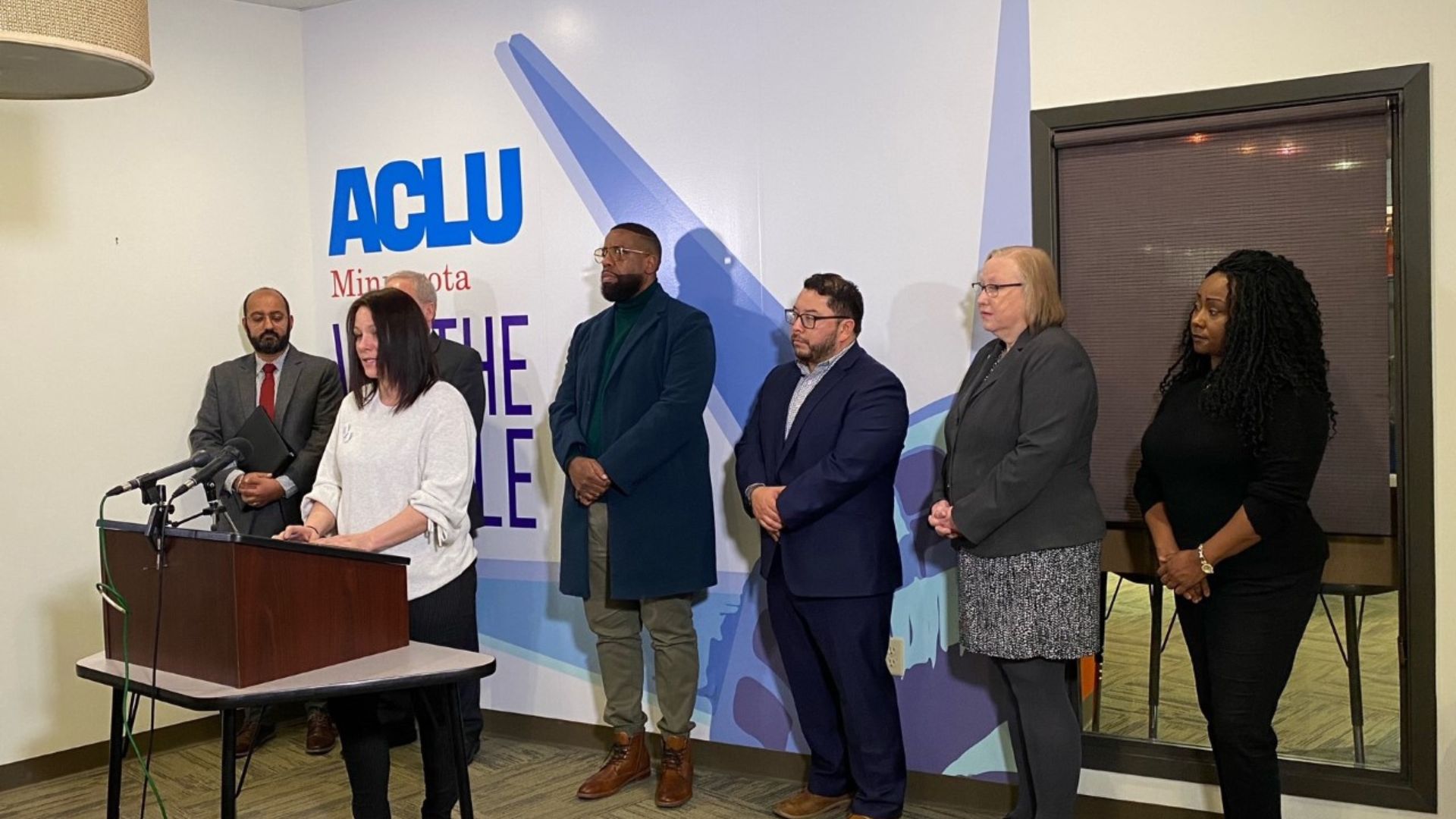
Source: ACLU Minnesota/X
McKinney highlighted the potentially harmful effects of these orders, further intensifying the ongoing discussion surrounding the law.
Implications of the Law
The law in question potentially impacts over 55,000 Minnesotans, enhancing the state’s focus on racial equity. Its enactment marked a significant moment for Democrats who prioritized its passage.
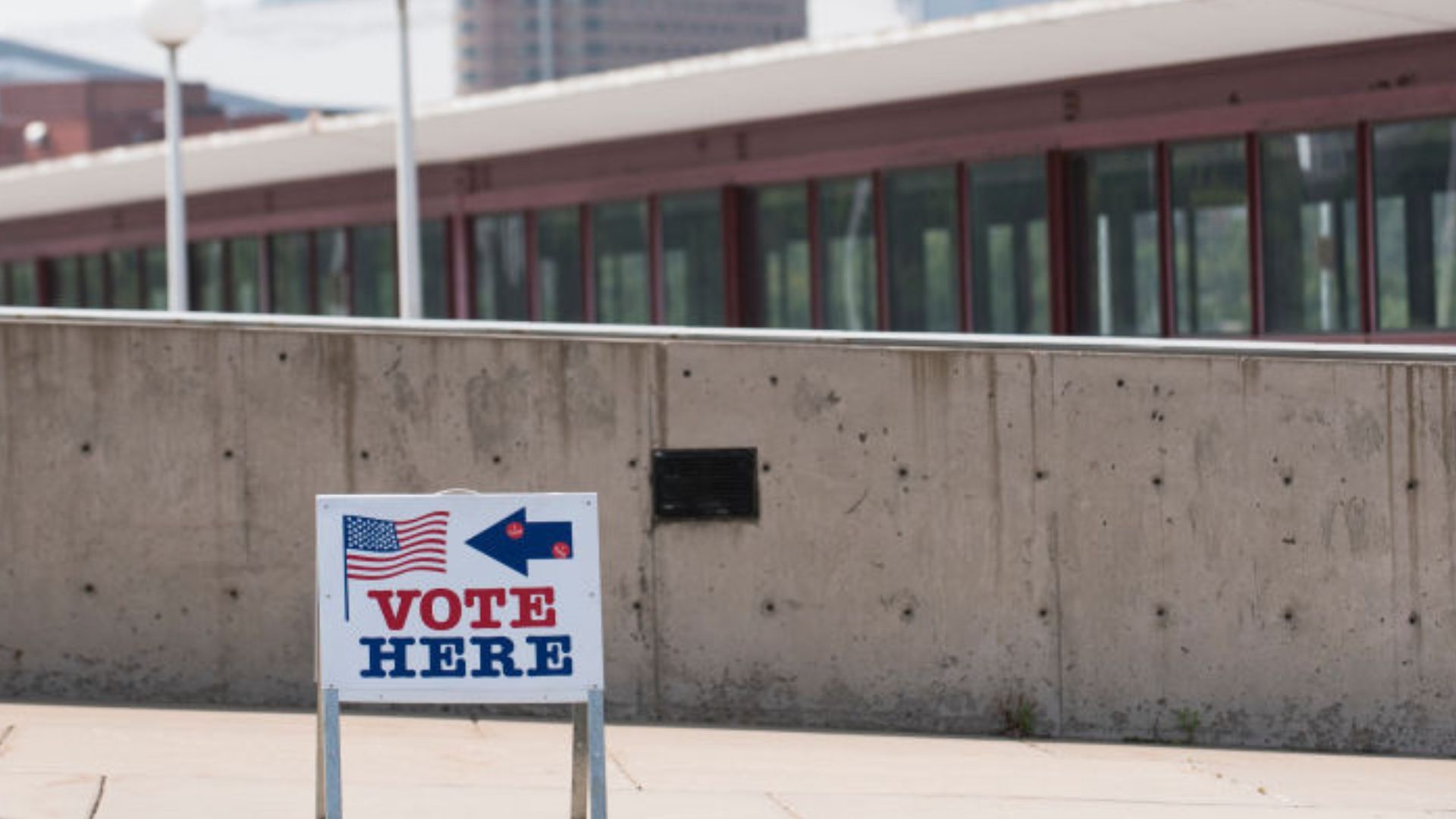
Source: Getty Images
However, with the recent legal objections, there’s a looming uncertainty, casting doubt over the extended voting rights and the individuals it directly affects.
National Context
Beyond Minnesota, more than 2 million Americans with felony convictions have regained their voting rights due to changes in legislation across 26 states and the District of Columbia.
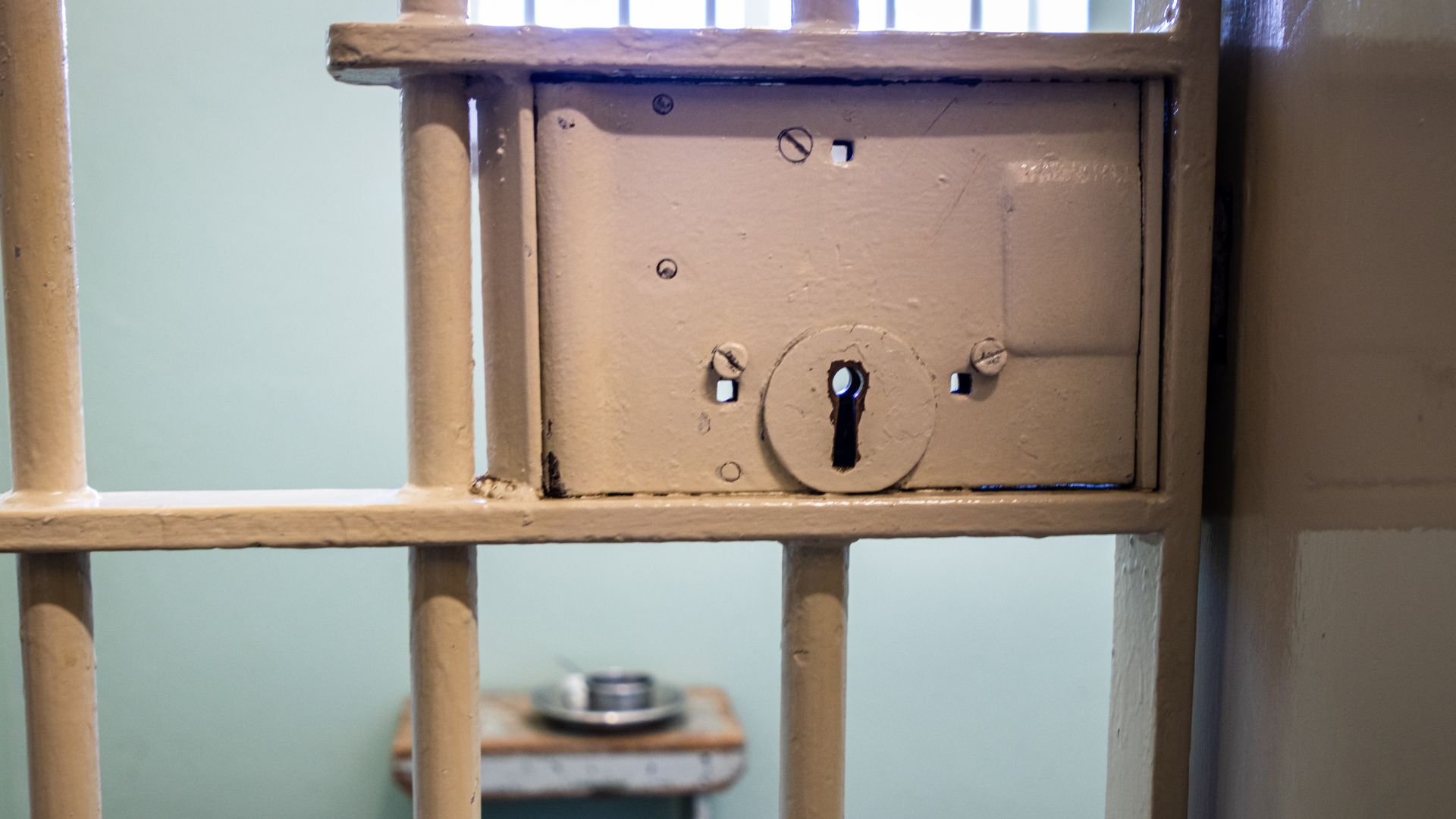
Source: Grant Durr/Unsplash
The Sentencing Project’s report highlighted a 24% reduction in individuals disenfranchised by felony convictions since 2016. Minnesota’s ongoing legal dispute could influence this national trend.
The Judge’s Background
Judge Quinn was reprimanded two years prior for public support of former President Donald Trump and critical remarks about President Joe Biden. This history now raises questions regarding the neutrality of his recent decisions.

Source: Getty Images
Minnesota’s judiciary typically maintains a nonpartisan stance, making Quinn’s public political affiliations and this controversial ruling noteworthy.
Upholding the Statute
Attorney General Ellison, mandated to defend Minnesota statutes constitutionally, is gearing up to uphold the statute.
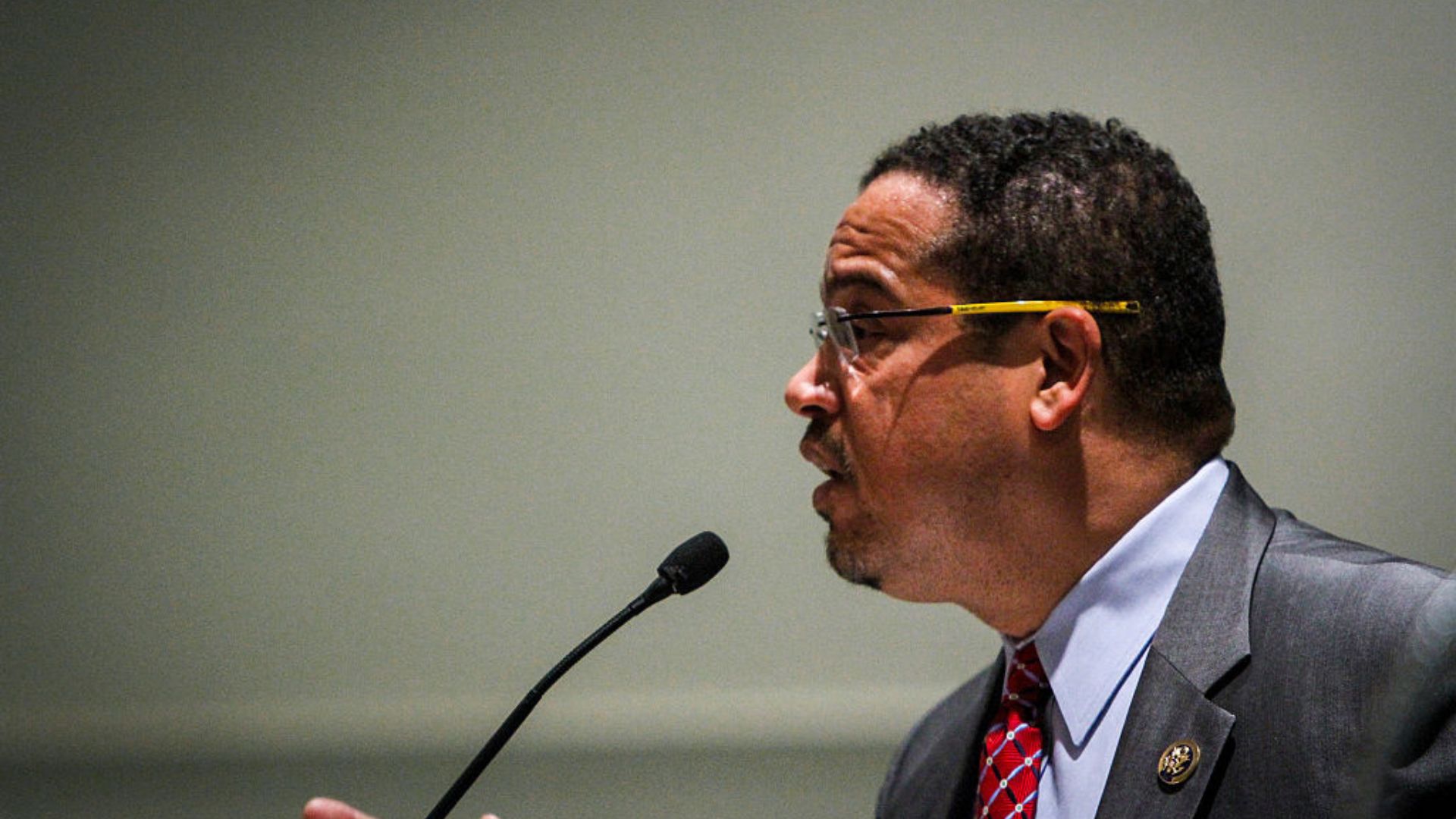
Source: Getty Images
As discussions and debates continue to swirl around the judge’s rulings, the attention turns towards the legal pathways that Ellison will adopt. The unfolding events could potentially set significant precedents for the law and for the state of Minnesota.
Past Actions Under Scrutiny
Quinn’s previous public endorsements of political figures, particularly former President Trump, are being revisited in light of his recent rulings.
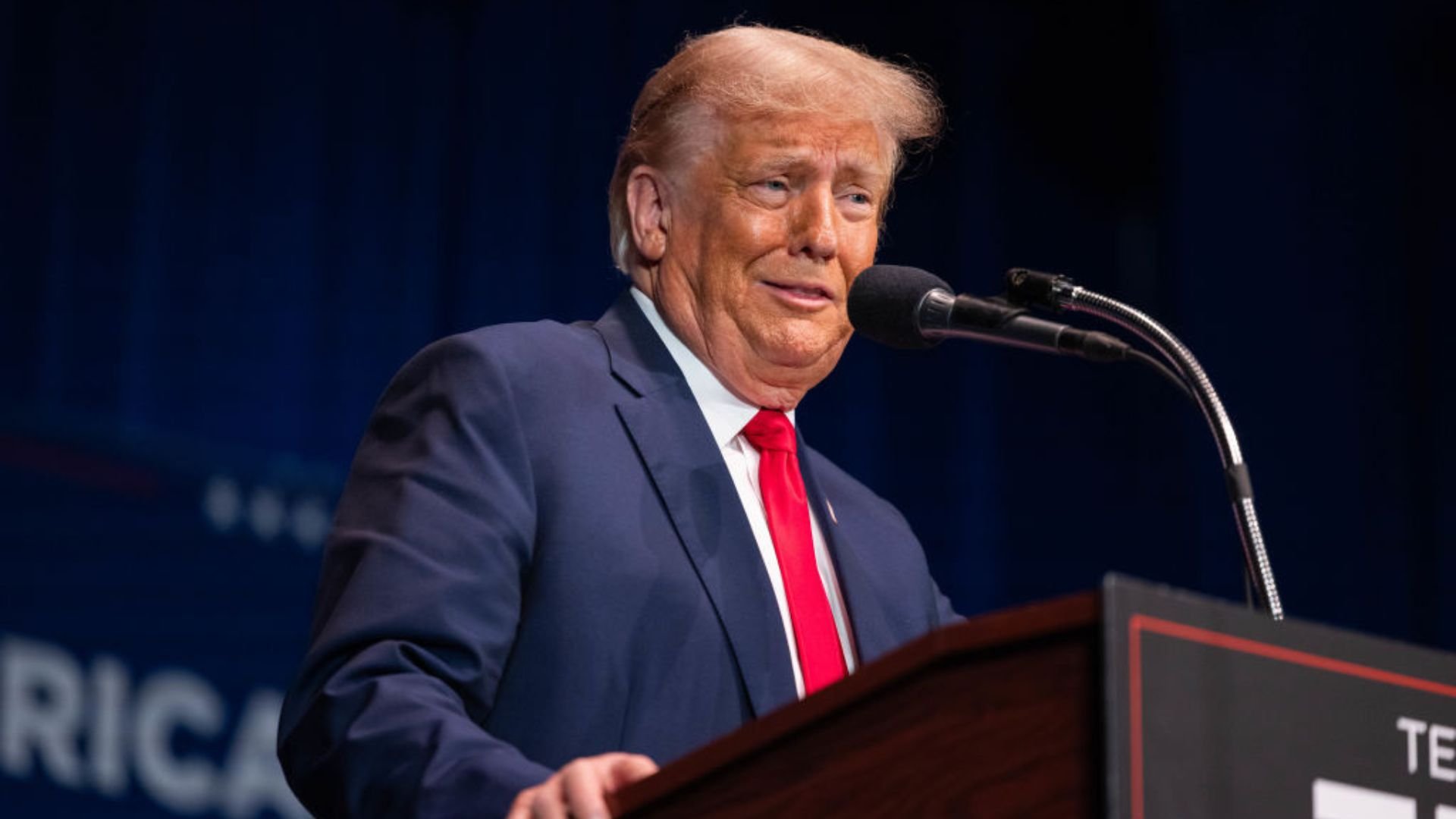
Source: Getty Images
The judge was reprimanded for his actions, deemed “imprudent” and “contrary to the spirit of the Canons.” This historical context is now under examination as Minnesota grapples with the implications of his controversial decision on voting rights.
Awaiting Further Developments
With the judge’s term set to expire in 2025 and Ellison prepared to intervene, Minnesota faces a period of legal uncertainty.
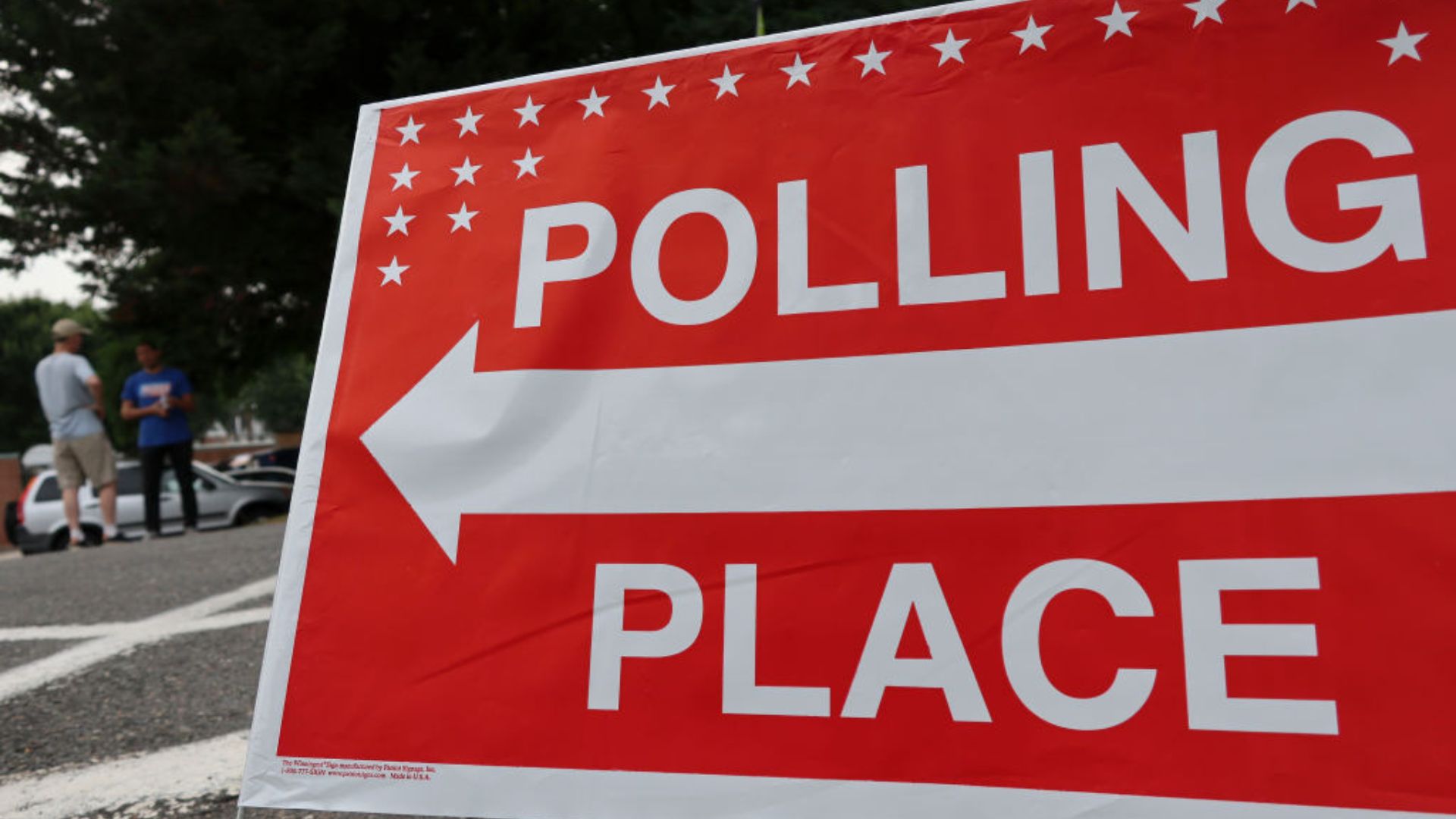
Source: Getty Images
The outcomes of the impending legal processes will potentially impact not only the state but could also have ramifications on a national scale, influencing dialogues and policies surrounding the voting rights of convicted felons.
Impending Decision
As Minnesota navigates this legal challenge, other states and the national audience observe keenly.
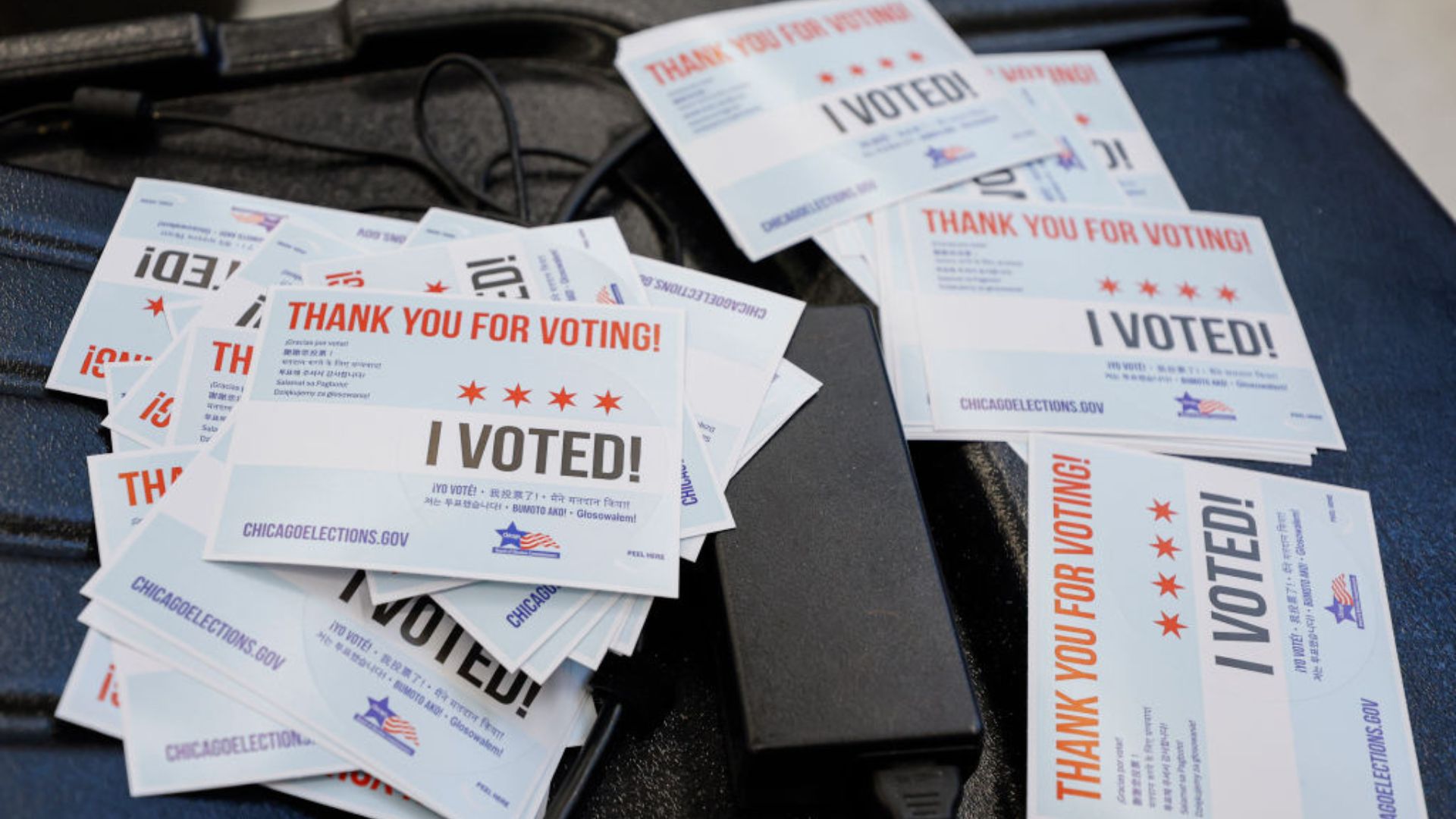
Source: Getty Images
The final decision could significantly influence the ongoing conversations and legal frameworks surrounding felon voting rights in the United States.
